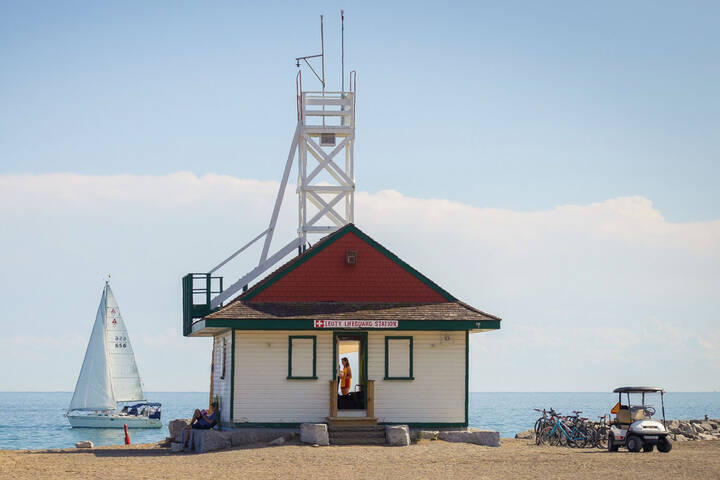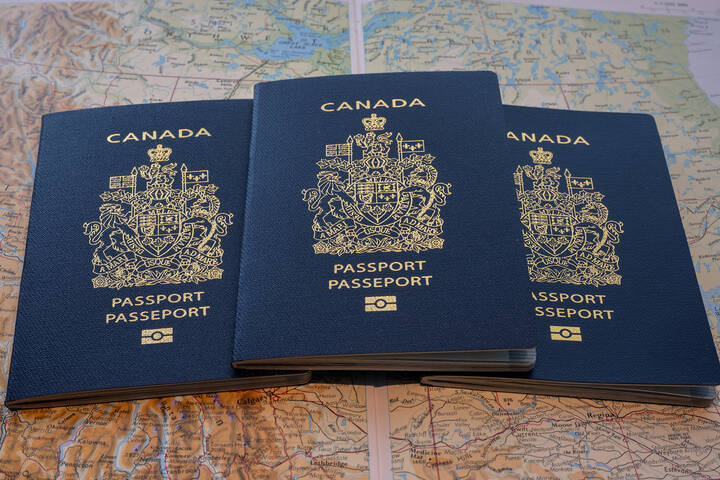
Canada's population is already at 41 million just months after hitting 40 million
In June last year, Canada made headlines after its population hit the 40 million mark. Less than a year later, it's hit another milestone.
Statistics Canada's population clock tracks the "real-time changes to the size of the Canadian population and the provinces and territories." The tracker measures the changes by taking into account the rate of births, deaths, immigrants, emigrants, non-permanent residents, and inter-provincial migrants.
On March 18, Daily Hive used the clock to track the country's population at 40,961,644. Based on the rate of these changes, we thought Canada would reach the 41 million count sometime in early April.
But at noon on March 27, the population of Canada hit 41,000,180.
You can watch these changes in real time here.
Ontario remains the most populated province, with 15,992,501 people, followed by Quebec, with a population of 9,028,071, and BC, with 5,639,715. Nunavut is currently the smallest, with a population of just 40,511, down from 40,975 on March 18.
In a video, the director of the demography division at Statistics Canada explained, "Statistics Canada's population estimates are used in the context of many governmental programs."
According to a Statistics Canada report released on March 27, Canada saw its highest annual population growth in 2023.
"On January 1, 2024, Canada's population reached 40,769,890 inhabitants, which corresponds to an increase of 1,271,872 people compared with January 1, 2023," reads a Statistics Canada population report released on Wednesday, March 27. "This was the highest annual population growth rate (+3.2 per cent) in Canada since 1957 (+3.3 per cent)."
The population naturally increased by only 2.4 per cent. The low increase could partly be attributed to Canada's fertility rate reaching a record low in 2022 (1.33 children per woman).
On the other hand, 97.6 per cent of 2023's population increase came from international temporary and permanent immigration).
To put this high-speed population growth into perspective, Canada reported a population of 35,540,400 10 years ago.
"Except for the period between 1986/1987 and 1989/1990, when rates were higher, the overall population growth rate has shown little variation in 30 years, ranging between 0.8 per cent and 1.2 per cent," Statistics Canada said in the summer of 2014.
With files from Isabelle Docto
V. Ben/Shutterstock
Latest Videos
Latest Videos
Join the conversation Load comments







